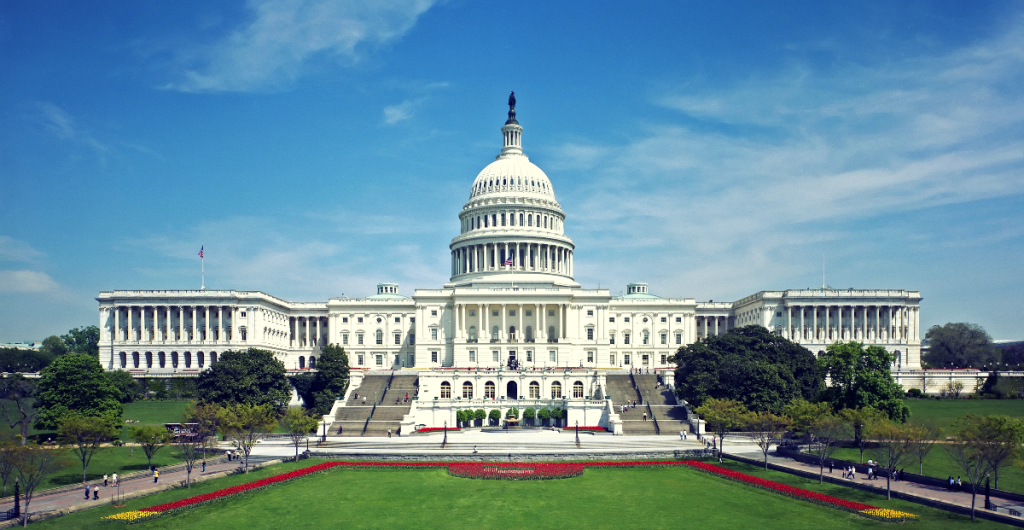Tag: decentralization


Would a “national divorce” lead to more individual liberty?
January 9, 2024 | Post
As the United States finds itself in the throes of increasing political polarization, the idea of a “national divorce” has gained traction, particularly within the liberty movement.
Advocates argue that splitting the nation into independent states could enhance individual liberty, allowing citizens to align with governments that reflect their values.
However, opponents contend that such a move could lead to fragmented anti-liberty measures and weaken the nation’s collective defense of individual rights.
Let’s delve into the key arguments for and against national divorce, exploring whether such a division would truly be conducive to individual liberty.

What makes Bitcoin such a revolutionary concept?
January 3, 2024 | Post
In the 15 years since the Genesis Block, the first set of 50 BTCs, was mined in January 2009, Bitcoin’s profile and impact on the global economy has increased exponentially. Hundreds of millions of people around the world have begun to recognize the merits of the truly revolutionary concept of a decentralized peer-to-peer currency.

The case for Liberland
October 6, 2023 | Post
Along the Danube River in South-Central Europe lies a distinctive parcel of land between Croatia and Serbia. In 2015, Vit Jedlička and a few others proclaimed the territory as the Free Republic of Liberland. But can and should Liberland become an internationally-recognized, sovereign nation?

Remembering Karl Hess on his 100th birthday
May 25, 2023 | Post
Karl Hess is a figure whose political journey was more complex and revelatory than most. His journey is one that is worth retracing today as a means of understanding the roots of contemporary libertarianism, its early flirtations with radical countercultural politics, and the outdated left-right political paradigm

Don’t believe the hype, Bitcoin is not anti-environment
January 4, 2023 | Post
Bitcoin, an innovative, decentralized digital currency, faces significant criticism over its perceived negative environmental impact. However, it is no enemy of the environment. Here’s how it can be part of the future of clean energy…

How urban planners broke Brooklyn
March 17, 2017 | Post
Zoning and landmark laws have frozen much of New York into a life-size historical diorama: neighborhoods frozen in time, where the only thing that goes up is the rent.

Healing through decentralization
November 27, 2016 | Post
I argue that freedom of association is absolutely critical to sustaining relations of social trust across difference, even if it allows people to retreat further into their echo chambers.

If Markets Fail, Governments Fail Harder
August 31, 2016 | Post
The government is, at best, another tool societies can sometimes use to good effect. It is not a Deus ex machina that societies can rely upon to swoop in and bring about a happy ending.

